The Chinese-built Bangabandhu Sheikh Mujibur Rahman Tunnel in Bangladesh, the first under-river tunnel in South Asia, opened to traffic on Saturday, which marked Bangladesh's entry into the era of underwater tunnels.
The tunnel, also known as the Karnaphuli River Tunnel, is located at the mouth of the Karnaphuli River in Chittagong, Bangladesh, connecting the east and west banks of the river. It spans a total length of 9.3 kilometers, with the shield tunnel section consisting of two tunnels, each with four lanes, measuring 2,450 meters in length and 11.8 meters in diameter, the Xinhua News Agency reported.
Work on the project began in December 2017 and it was designed and built in line with Chinese specifications, it said.
Yu Jingtao, the project manager, said the Chinese company designed and manufactured a tunnel boring machine with a diameter of 12 meters, which solved problems related to the complicated geology of the Bay of Bengal.
Although there were lots of difficulties, the Chinese company still completed this work with high quality and efficiency, Yu said. The Chinese company compiled a technical guide for the project, which follows Chinese standards, including those for roads, bridges and tunnels, to help develop and improve related work in Bangladesh.
The project has created more than 5,000 jobs so far, trained local people on infrastructure construction skills and promoted local economic development.
Bangladesh was the first South Asian country to sign a Belt and Road Initiative (BRI) cooperation memorandum of understanding with China. The two countries have had fruitful high-quality BRI cooperation in recent years.
Recently, the first phase of the Dhaka Airport Elevated Expressway project in the capital of Bangladesh was completed. Chinese companies also invested and participated in the construction and operation of the project.
In recent years, Bangladesh accelerated the docking of its economic development strategy with the BRI to boost its economy, achieving notable progress in its economic development. Its high GDP growth rate has caught global attention, said Qian Feng, director of the research department at the National Strategy Institute at Tsinghua University.
Bangladesh's GDP rose 7.2 percent in 2022, official data showed. According to a report released by the IMF in May 2023, Bangladesh continued to have higher per capita GDP when compared with India through 2022.
Bangladesh has a relatively large young population and its economic potential continues to be released. China is an infrastructure superpower with advantages in industries including telecommunications, electricity and modern agriculture, and there is great room for the two countries to carry out cooperation in a wide range of sectors, Qian told the Global Times on Sunday.
"The two should join hands to take advantage of the opportunities brought by the BRI to achieve win-win development," he said.
"As a friendly neighbor and strategic partner of Bangladesh, China will continue to work with the country to advance high-quality BRI cooperation and support Bangladesh in realizing the 'Sonar Bangla' dream at an early date," Chinese Foreign Ministry spokesperson Mao Ning said at a routine press conference in September.











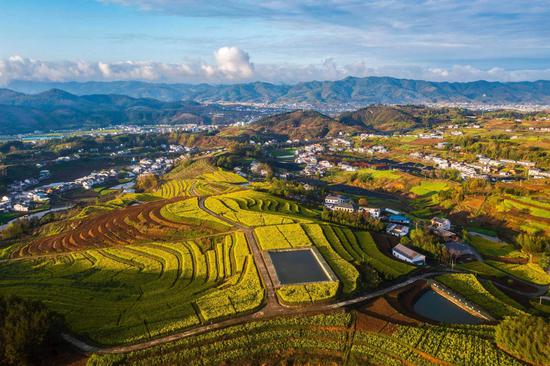





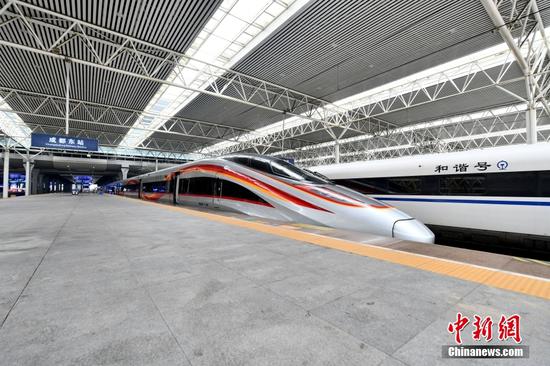
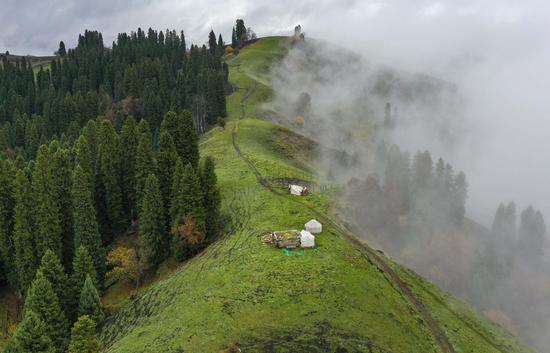
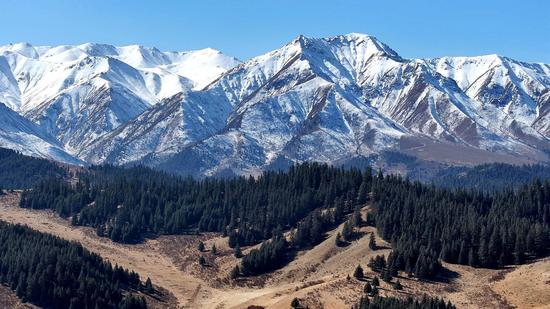




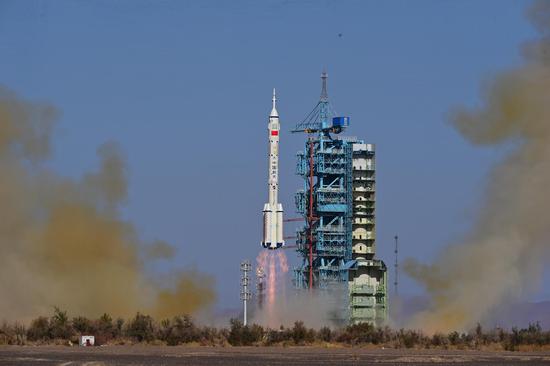

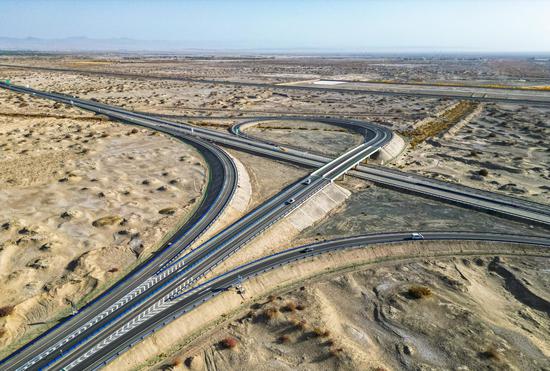

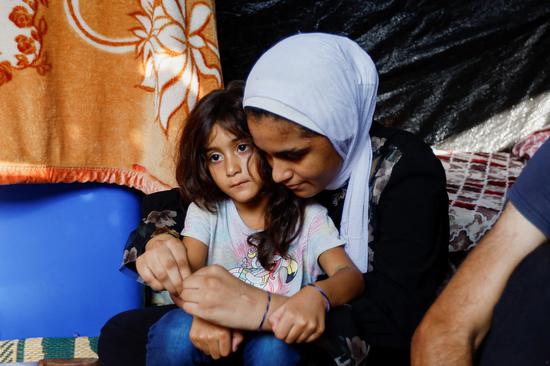
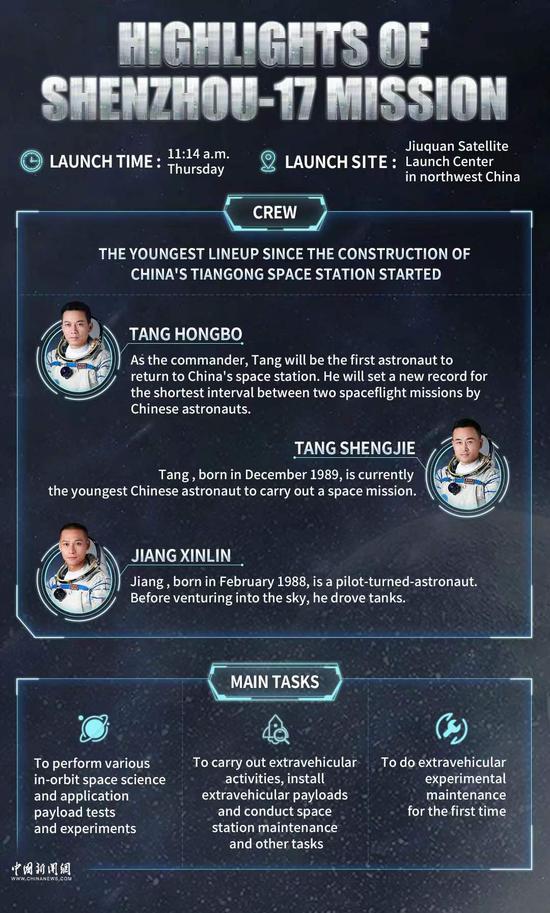
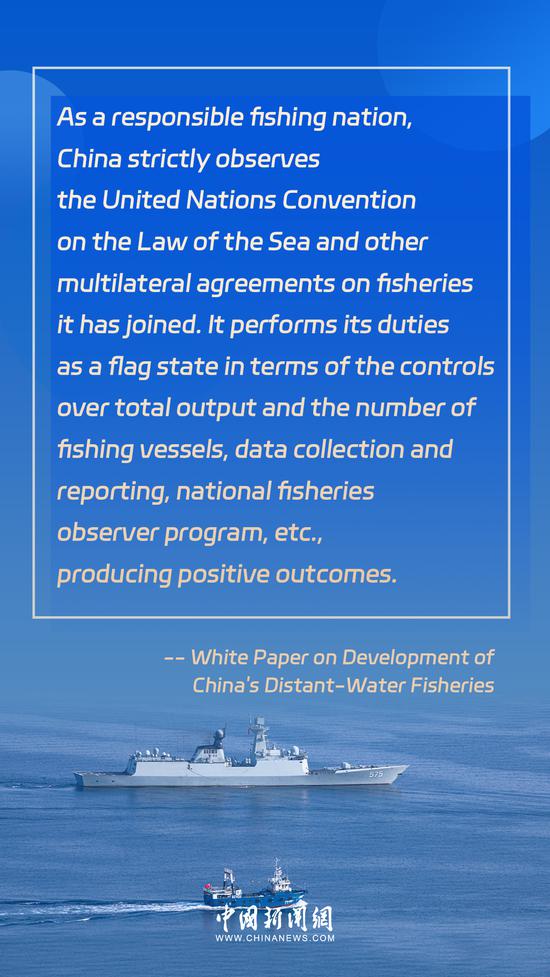
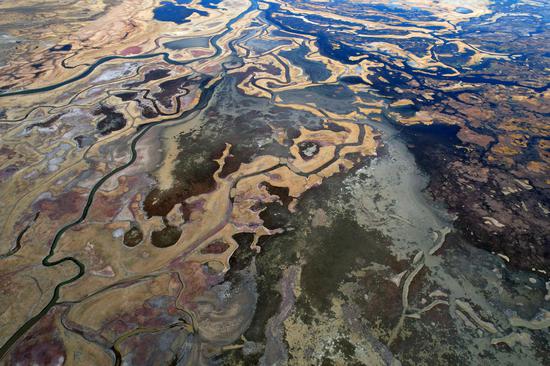



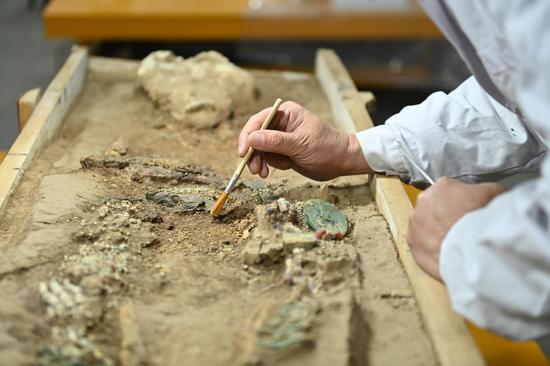
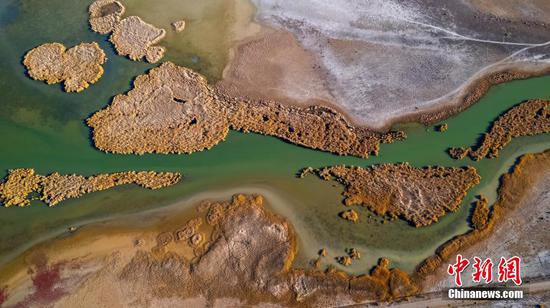
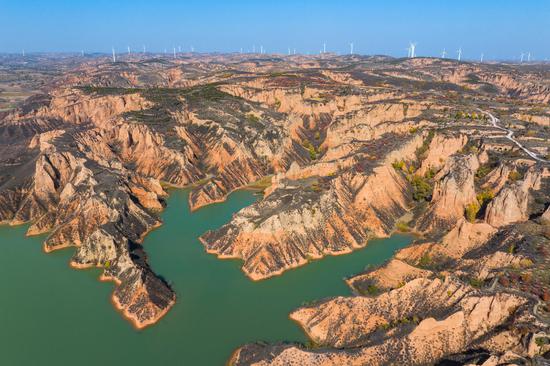
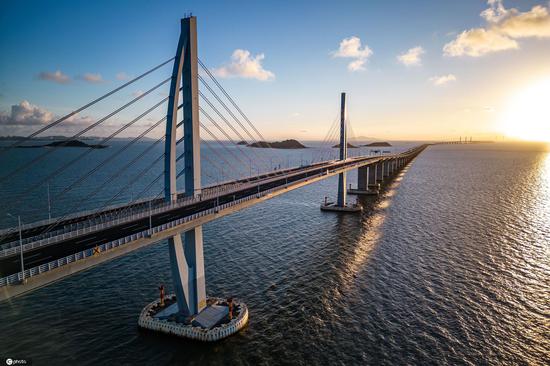
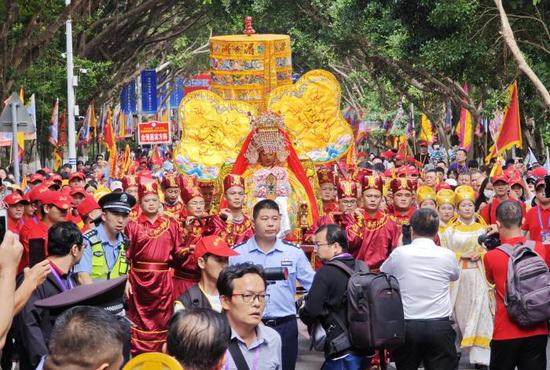
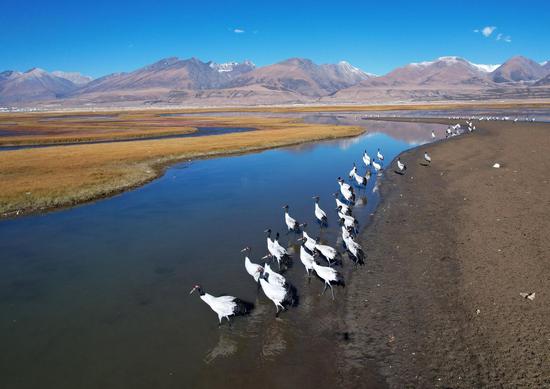
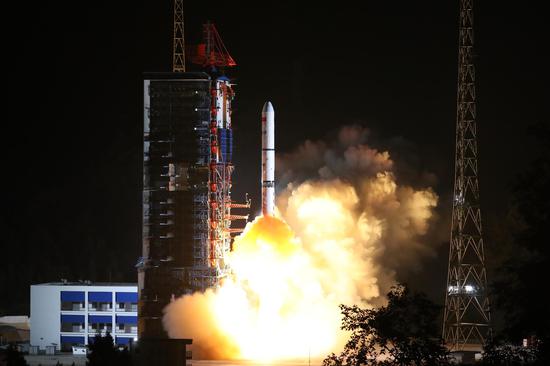
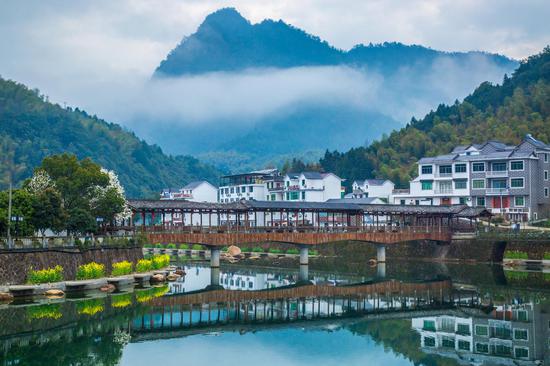







 京公网安备 11010202009201号
京公网安备 11010202009201号